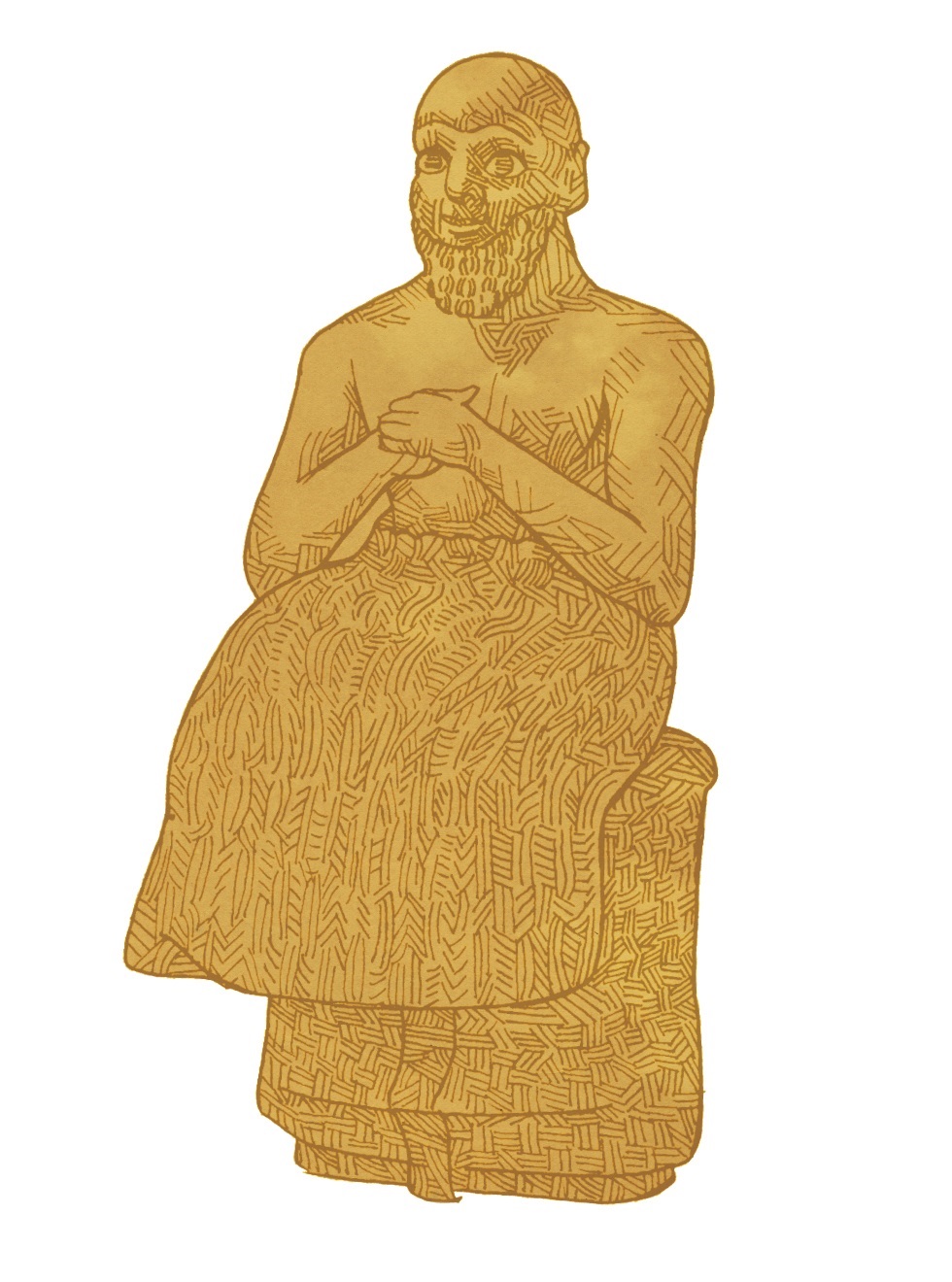Three Sides of a Coin: In Conversation with Ben Zvi And Nogalski, Two Sides of a Coin
DOI:
https://doi.org/10.5508/jhs.2010.v10.a11Abstract
This is a response to E. Ben Zvi and J. D. Nogalski, Two Sides of a Coin: Juxtaposing Views on Interpreting the Book of the Twelve/The Twelve Prophetic Books (Gorgias Press, 2009). Nogalski is a major proponent of the thesis that the Twelve Minor Prophets are a redactional unity, while Ben Zvi is its most forthright sceptic. After summarizing the views of both scholars, the author introduces some considerations from his perspective as a literary critic. In particular, he contends that: i) the question of literary unity is an extremely fraught one; ii)arguments for the unity of the Twelve tend to ignore contrast; and iii) the hypothesis that the Twelve were redacted as a book raises acutely not only the methodological difference between redaction-critical and reader-oriented approaches, but also the question of whether prophets were poets, characterized by literary daring. The article concludes with reflections on models of reading in antiquity, and the opposition between metanarratives and marginality.Downloads
Published
2011-08-20
How to Cite
Landy, F. (2011). Three Sides of a Coin: In Conversation with Ben Zvi And Nogalski, Two Sides of a Coin. The Journal of Hebrew Scriptures, 10. https://doi.org/10.5508/jhs.2010.v10.a11
Issue
Section
Articles

 Statue of Ebih-Il, drawing by Simeon Goa, © Journal of Hebrew Scriptures
Statue of Ebih-Il, drawing by Simeon Goa, © Journal of Hebrew Scriptures
